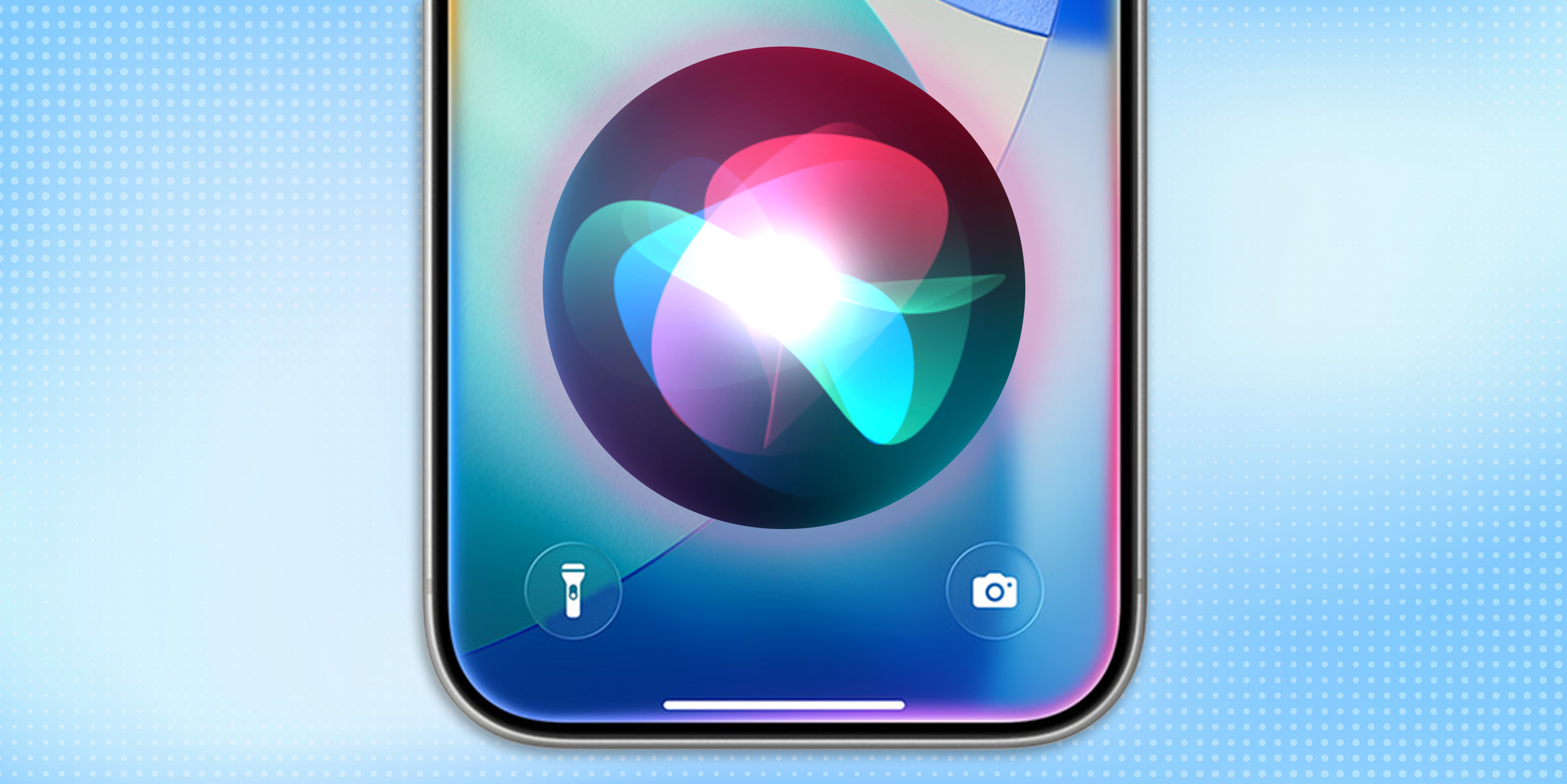Fitbit Charge 6 vs. Fitbit Versa 4: Which fitness tracker is right for you?
Here's how two of Fitbit's most popular models stack up
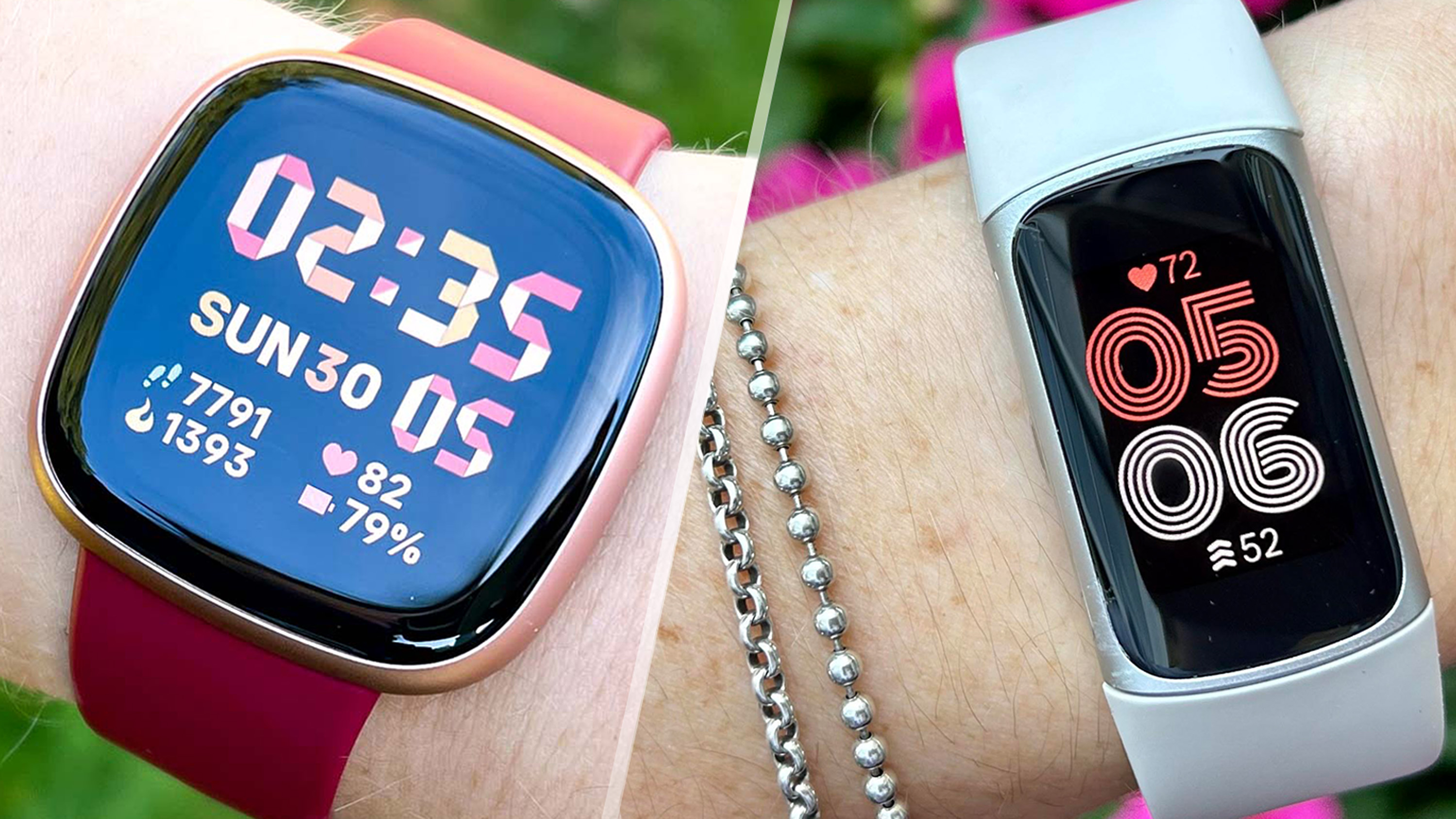
Here at Tom’s Guide our expert editors are committed to bringing you the best news, reviews and guides to help you stay informed and ahead of the curve!
You are now subscribed
Your newsletter sign-up was successful
Want to add more newsletters?

Daily (Mon-Sun)
Tom's Guide Daily
Sign up to get the latest updates on all of your favorite content! From cutting-edge tech news and the hottest streaming buzz to unbeatable deals on the best products and in-depth reviews, we’ve got you covered.

Weekly on Thursday
Tom's AI Guide
Be AI savvy with your weekly newsletter summing up all the biggest AI news you need to know. Plus, analysis from our AI editor and tips on how to use the latest AI tools!

Weekly on Friday
Tom's iGuide
Unlock the vast world of Apple news straight to your inbox. With coverage on everything from exciting product launches to essential software updates, this is your go-to source for the latest updates on all the best Apple content.

Weekly on Monday
Tom's Streaming Guide
Our weekly newsletter is expertly crafted to immerse you in the world of streaming. Stay updated on the latest releases and our top recommendations across your favorite streaming platforms.
Join the club
Get full access to premium articles, exclusive features and a growing list of member rewards.
With a budget of $200, there are plenty of excellent fitness trackers available in 2024, including the Fitbit Charge 6 and Fitbit Versa 4. In fact, choosing between the two can be difficult, given the mere $40 price difference. Don't worry, though. We're here to help you sort things out.
Visually, the most apparent difference is the Versa sports a larger case and screen. Under the hood, however, there are other notable distinctions: The Charge 6 offers a more extensive suite of health and wellness tech, including an ECG sensor for monitoring heart rhythm and an EDA sensor for keeping tabs on stress levels.
Both devices monitor the basics, though, including heart rate, steps, distance, calories burned and sleep quality. You also get an onboard GPS in both models to track 40+ activities, from skiing to swimming.
The Charge 6 is Fitbit's premium band-style fitness tracker. The Versa 4, meanwhile, is Fitbit's mid-tier smartwatch for the fitness-inclined, sitting next to the pricier Fitbit Sense 2 in the 2024 lineup.
So, which is right for you, the Fitbit Charge 6 or Versa 4? Read on.
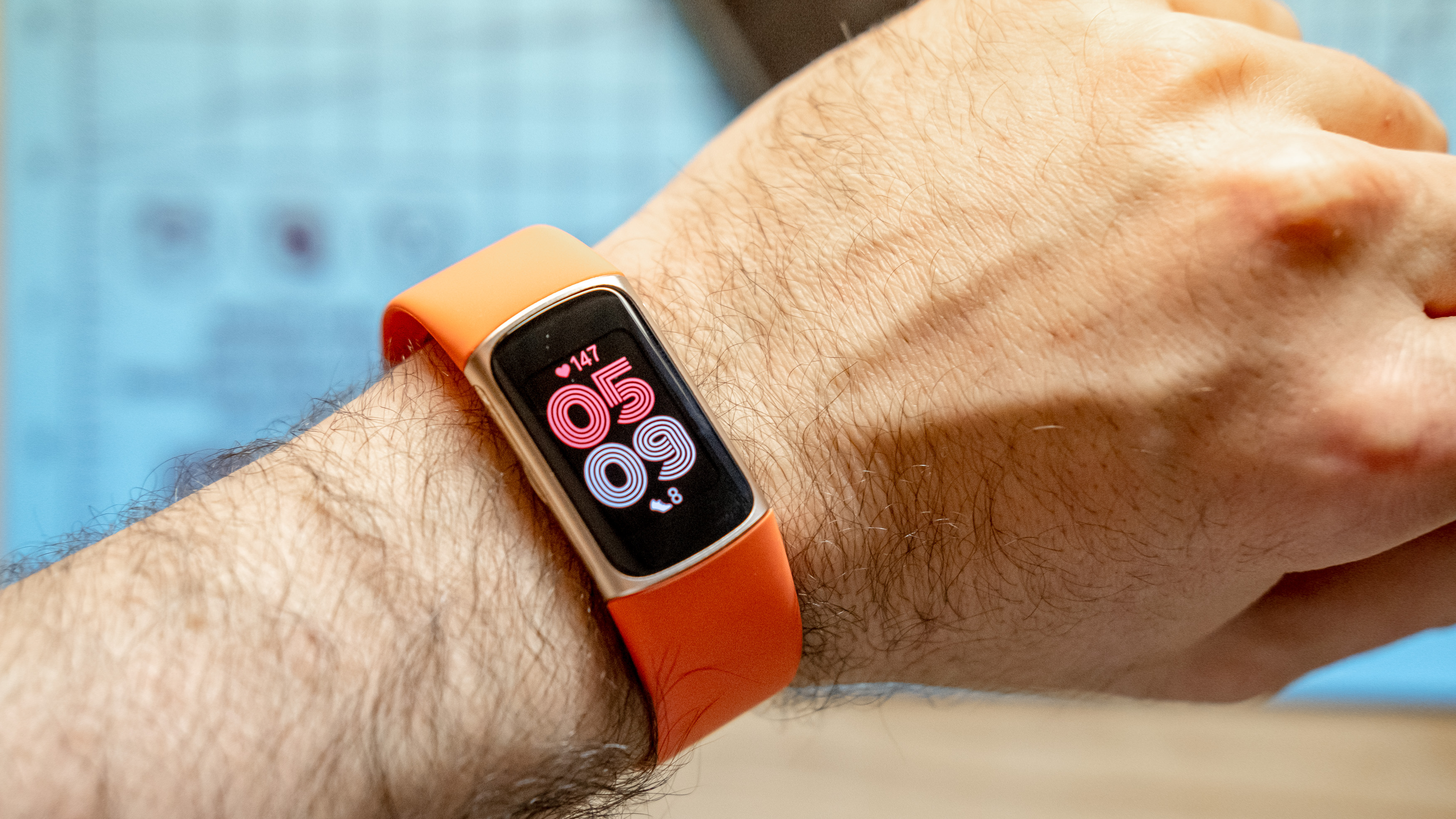
Fitbit Charge 6 vs. Fitbit Versa 4: Price and availability
Both the Fitbit Charge 6 and Fitbit Versa 4 are available through Fitbit directly and through third-party retailers like Amazon. The Fitbit Charge 6 has an MSRP of $159 but can often be purchased on sale for $129. The Fitbit Versa 4 sells for $199.
Each model comes with six months of Fitbit Premium for free, which unlocks useful features like personalized training sessions, deeper sleep analysis, daily readiness scores and more.
Get instant access to breaking news, the hottest reviews, great deals and helpful tips.
| Header Cell - Column 0 | Fitbit Charge 6 | Fitbit Versa 4 |
|---|---|---|
| Price (at launch) | $159 | $199 |
| Display | 0.86 by 0.58-inch AMOLED touchscreen | 1.58-inch AMOLED touchscreen |
| GPS | Yes | Yes |
| Altimeter | No | Yes |
| Heart Rate Sensor | Yes | Yes |
| ECG Sensor | Yes | No |
| EDA Sensor | Yes | No |
| Bluetooth calling | Yes | Yes |
| Google Maps | Yes | Yes |
| Google Wallet | Yes | Yes |
| On wrist calls | No | Yes |
| Battery Life | 7 days | 6 days |
Fitbit Charge 6 vs. Fitbit Versa 4: Design
The pricer Versa 4 offers substantially more screen real estate than the Charge 6, which makes sense given its smartwatch pedigree. Both screens, however, are bright, crisp, responsive and well-saturated AMOLED affairs.
The Charge 6 is the lighter of the two devices at 0.5 ounces, compared to 0.8 ounces for the Versa. Neither is particularly heavy and both devices wear comfortably. But those with more petite wrists may find the Charge 6 less cumbersome, especially at night. Each comes with a soft silicon strap that can easily be swapped out for a wide range of replacements.
Aluminum cases give both devices a premium feel. A single button adorns the side of each, similar to Apple's Action Button. Battery life is respectable either way you go — seven days for the Charge and six for the Versa.
The Charge 6 comes in three varieties: a black case with a black strap, a silver case with a porcelain strap and a rose gold case with a coral strap. For the Versa 4, you can choose between a black case with a black strap, a platinum case with a blue strap, a rose gold case with a pink strap and a rose gold case with a red strap.
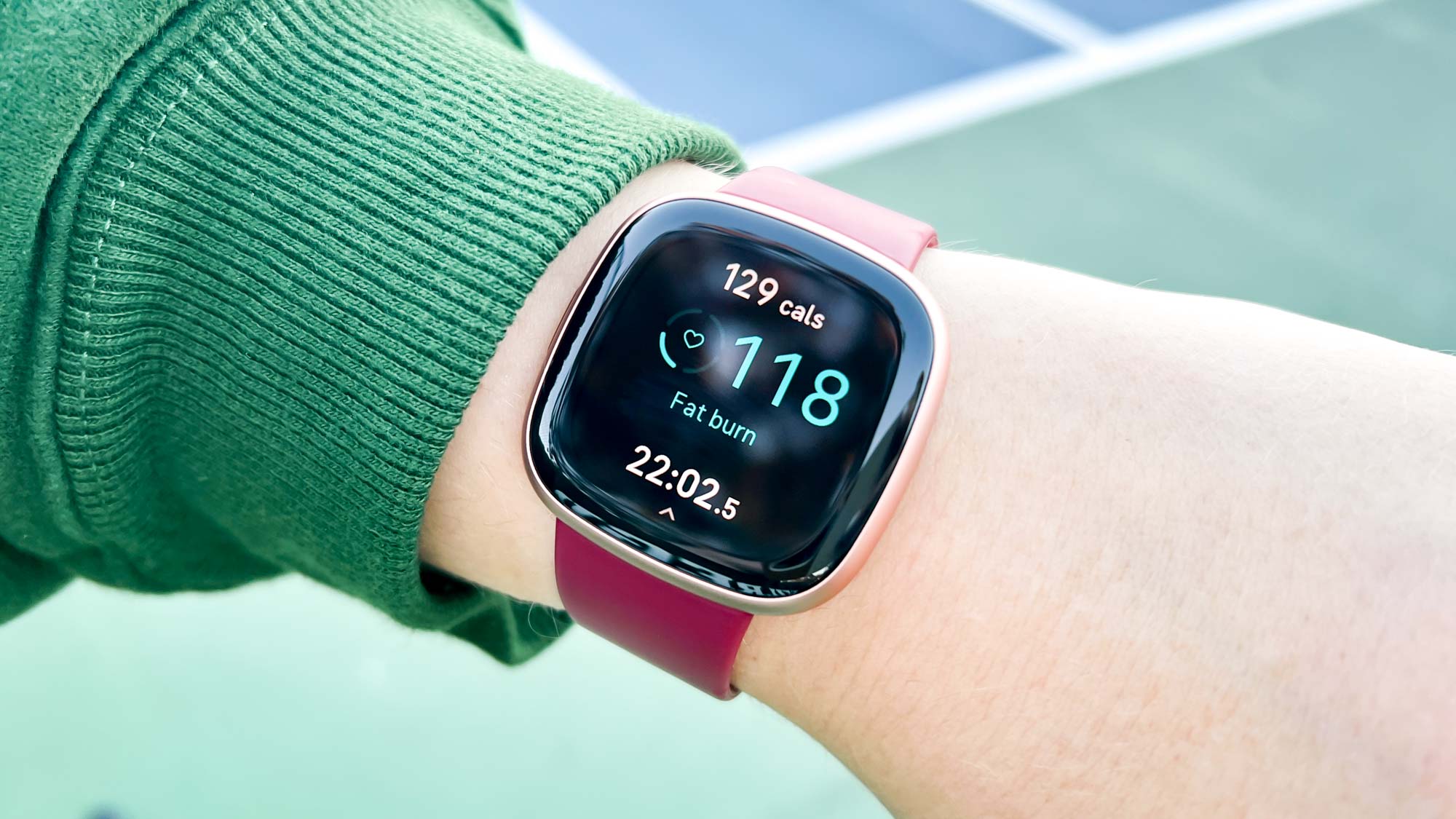
Fitbit Charge 6 vs. Fitbit Versa 4: Health and fitness features
If you want the top fitness and wellness features, the Fitbit Charge 6 is your best choice. It boasts two vital sensors not found on the Versa 4: ECG and EDA.
The ECG sensor is used to keep tabs on heart rhythm, allowing users to monitor for signs of atrial fibrillation (AFib), a rare but potentially deadly condition.
The EDA sensor on the Charge 6 monitors for changes in the electric charge of a user's skin (okay, it's basically a sweat sensor). This data is combined with heart rate data to determine overall stress levels.
The Versa 4 can also monitor for stress, providing a daily Stress Management score, but it does so with less data than the Charge 6. That said, both devices keep tabs on sleep quality, menstrual health, breathing and heart rate. Unlike the Apple Watch 9 and Ultra 2, these Fitbits can monitor blood oxygen saturation levels via Sp02 sensor.
Both devices have a built-in GPS, so users can leave their phones at home without sacrificing accurate distance tracking for runs, bike rides and more. Similarly, users can track the same long list of physical activities with either device. The Versa 4, however, additionally boasts an altimeter for tracking elevation gain. The Charge, sadly, does not.
Both Fitbits are water-resistant to 50 meters, so feel free to wear either while swimming.
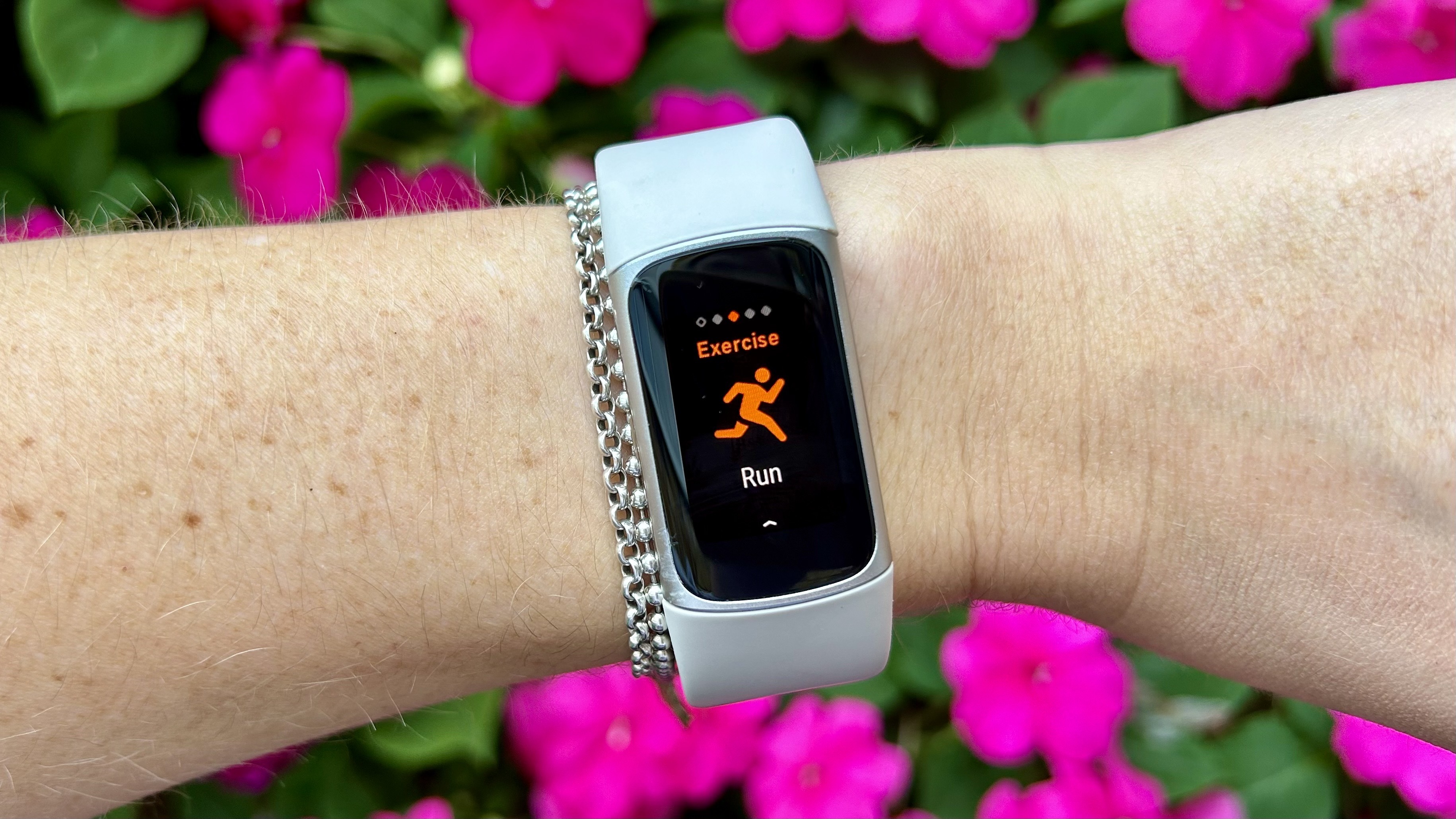
Fitbit Charge 6 vs. Fitbit Versa 4: Smartwatch features
The Versa 4 has several smartwatch features not found on the Charge 6, including voice support for Amazon's Alexa digital assistant and Bluetooth calling via a paired device.
Both Fitbit models receive calls, texts and app notifications and support a few useful apps like Google Wallet and Google Maps. Unfortunately, neither device offers storage or any sort of support for offline music listening, which is a missed opportunity. The Charge 6 does play nice with YouTube Music, though. You'll just need to be paired to another device.
Beyond the above, smart features on either are scant. Frustratingly, neither is compatible with the Google Play store nor Google Assistant, despite Alphabet Inc.'s ownership of Fitbit.
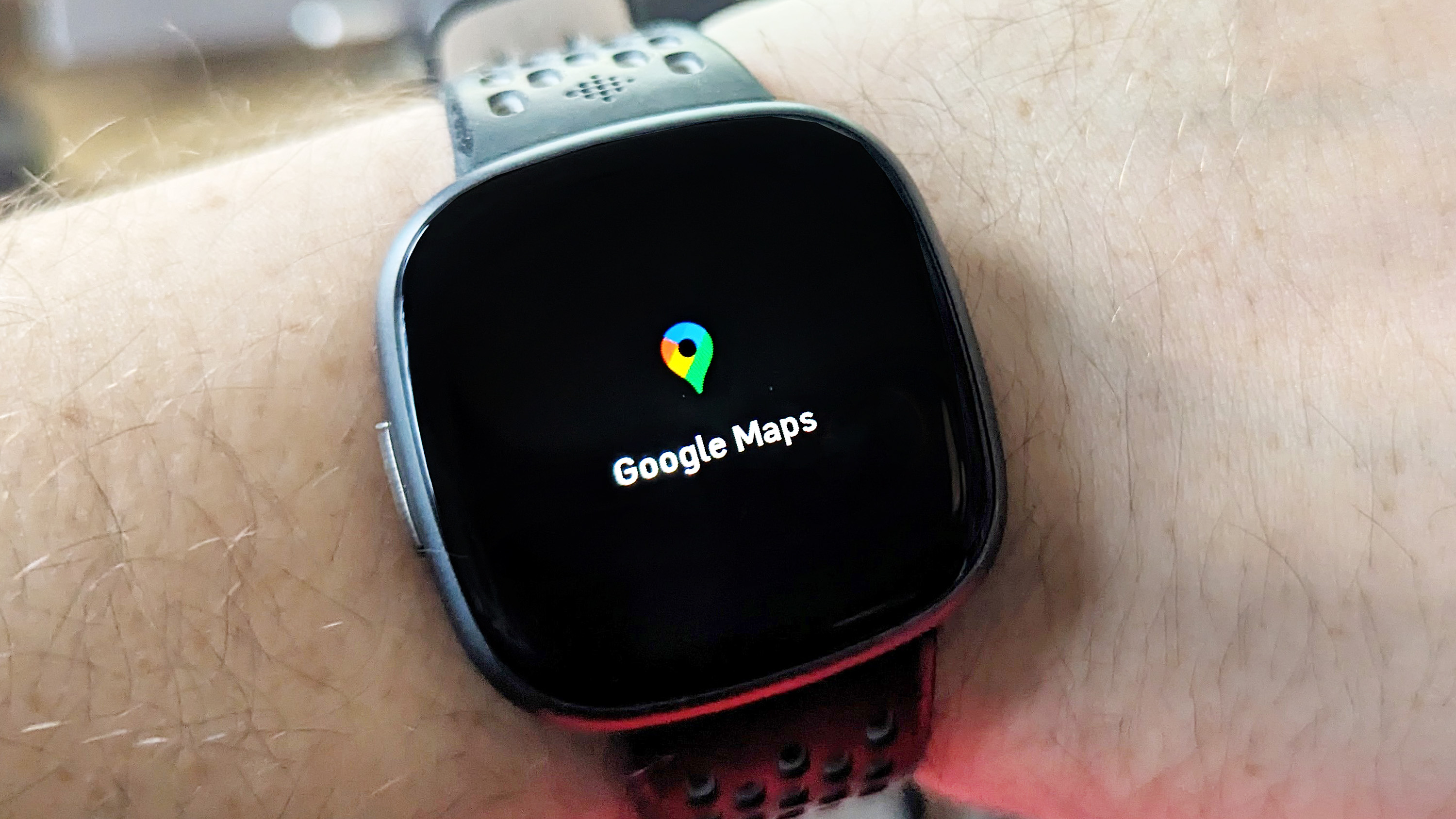
Fitbit Charge 6 vs. Fitbit Versa 4: Verdict
For most folks, the Fitbit Charge 6 is a better choice than the Fitbit Versa 4. Both devices are competent fitness trackers with lovely screens, solid battery life and a small smattering of smart features. However, the Charge 6 has upgraded health and stress monitoring tech, giving it the edge — it's also more affordable. That's why we rate it as one of the best fitness trackers you can get right now.
Want a fitness wearable with even more smart features than either Fitbit? Consider the Apple Watch SE (2022) or Samsung Galaxy Watch 5. Both are on our list of the best smartwatches and provide basic fitness tracking features — like step counts, GPS and heart rate monitoring — along with full-on smartwatch user interfaces, including access to thousands of apps.
Those looking for a fitness tracker with even more tech and wellness insights than the Fitbit Charge 6 may want to consider the Garmin Forerunner 265. It's pricier but provides far more advanced metrics than the competition.
More from Tom's Guide
- Apple Watch 10 and Ultra 3 launch — legal woes might kill this major upgrade
- I walked 3,300 steps with the Fitbit Charge 6 and Amazfit Bip 5 — this one was more accurate
- The Samsung Galaxy Ring is real — your move, Apple

Dan Bracaglia is the Tom’s Guide editorial lead for all things smartwatches, fitness trackers and outdoor gear. With 15 years of experience as a consumer technology journalist testing everything from Oura Rings to instant cameras, Dan is deeply passionate about helping readers save money and make informed purchasing decisions. In the past year alone, Dan has assessed major product releases from the likes of Apple, Garmin, Google, Samsung, Polar and many others.
An avid outdoor adventurer, Dan is based in the U.S. Pacific Northwest where he takes advantage of the beautiful surroundings every chance he gets. A lover of kayaking, hiking, swimming, biking, snowboarding and exploring, he also makes every effort to combine his day job with his passions. When not assessing the sleep tracking and heart rate accuracy of the latest tach gadgets, you can find him photographing Seattle’s vibrant underground music community.
 Club Benefits
Club Benefits










